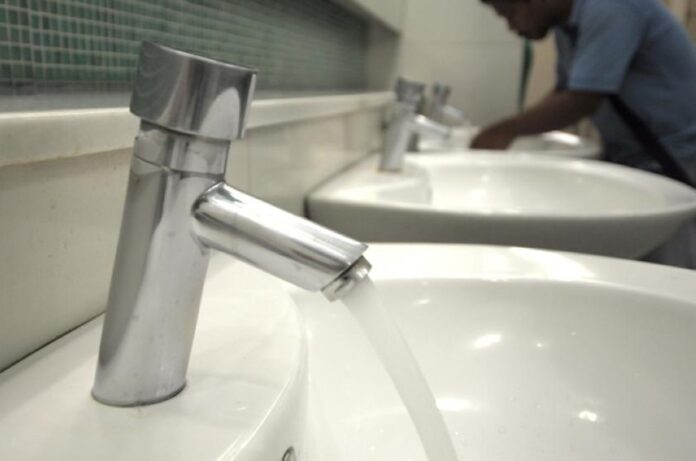KUALA LUMPUR, April 13 — The National Water Services Commission (SPAN) has uncovered that companies behind billion-ringgit projects are stealing treated water to maximise profits.
SPAN detects about 100 cases of water theft each year, with 40 per cent of them brought to court, as reported by the New Straits Times.
“These 100 cases reported annually typically involve projects ranging from small to large-scale. However, the issue has become increasingly serious, with many large foreign companies involved,” said SPAN deputy public prosecutor Mohd Suhairy Zakaria today.
“The value of their projects is substantial, reaching billions of ringgit. Yet, in their quest to maximise profits, they resort to stealing water for use in their construction projects,” he added.
He said most of the companies involved were foreign and carried out these illegal activities under the guise of temporary water supply accounts until the projects were completed.
“However, behind the scenes, they illegally tapped treated water without a licence to gain additional profits,” he said.
Suhairy said the theft is usually discovered when project site water bills total only a few hundred ringgit a month, despite high consumption levels.
“This not only causes water operators in various states to suffer losses of tens of thousands to half a million ringgit, but it also affects other consumers who may face water supply disruptions,” he said.
He warned that this problem is worsening due to the scale of the projects and the tactics used to avoid detection.
Also present was SPAN prosecuting officer Thilaga Shanmugam.
To curb these offences, SPAN has strengthened enforcement and amended the Water Services Industry Act.
Suhairy said the amendment came into force on March 15 under the Water Services Industry Act (Amendment) 2025.
“Under the amended act, the fine has been increased to up to RM1 million, with imprisonment of up to 10 years, or both,” he said.
Previously, offenders faced a maximum fine of RM100,000, one year in prison, or both under the 2006 version of the act.
Suhairy said, “The amendment was made in view of the seriousness of the cases and to serve as a deterrent to those involved.”
He added that no cases have been prosecuted under the amended act yet, as current prosecutions involve offences committed before March 15.


